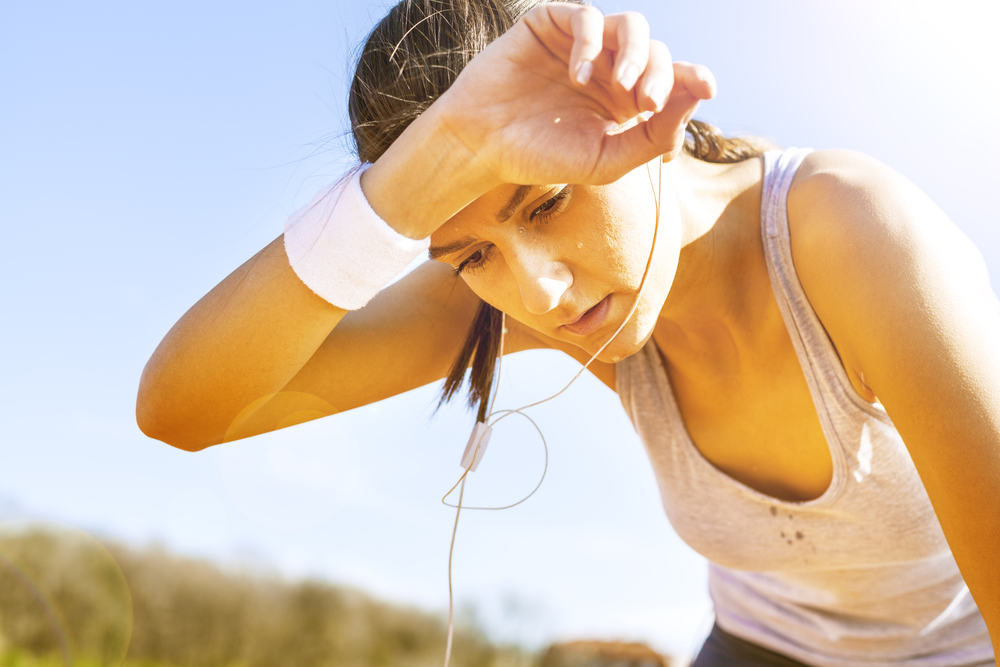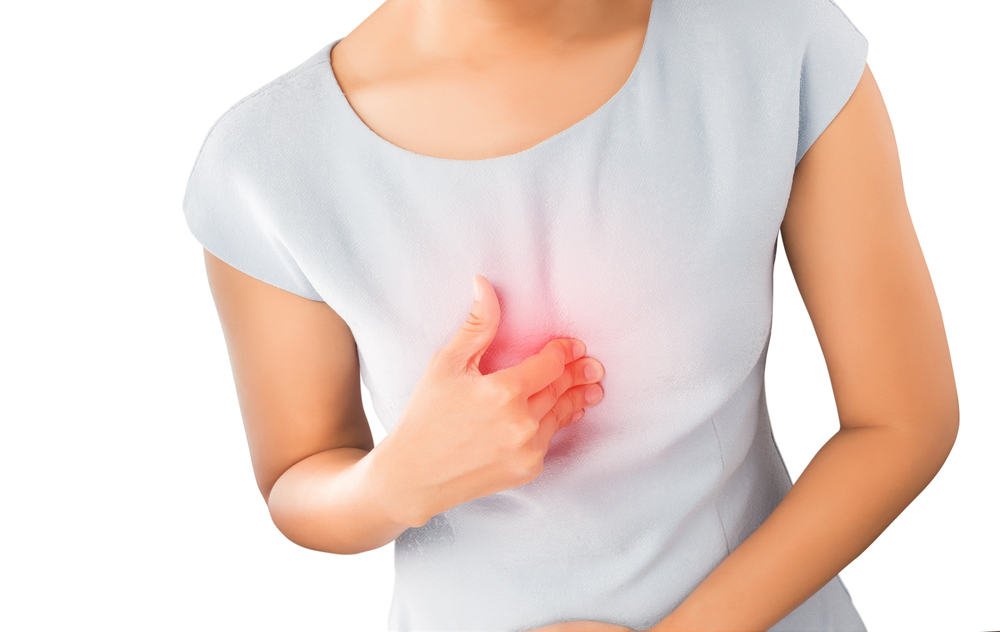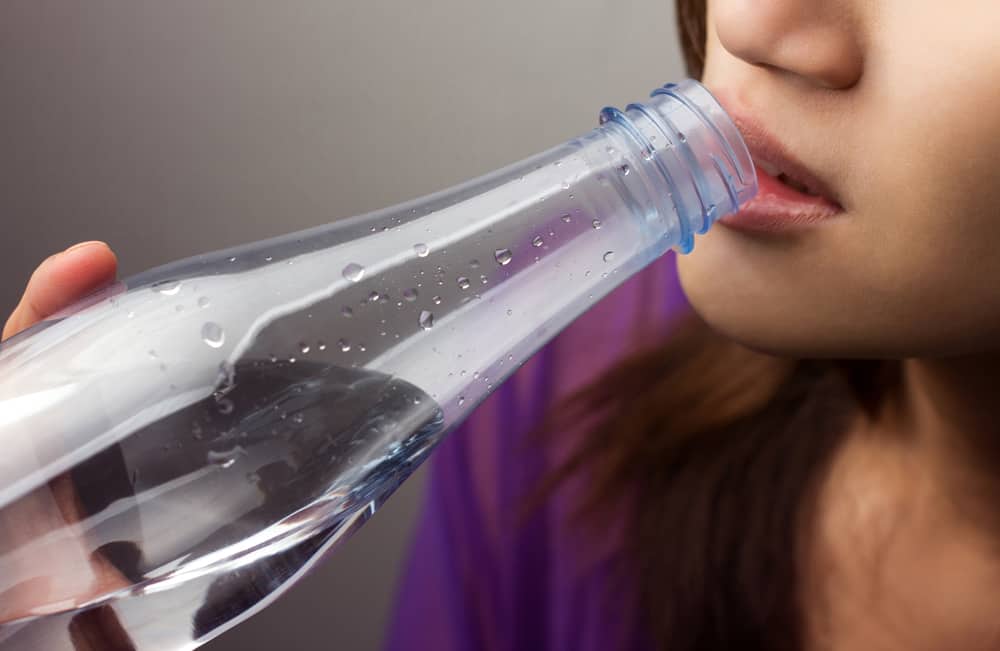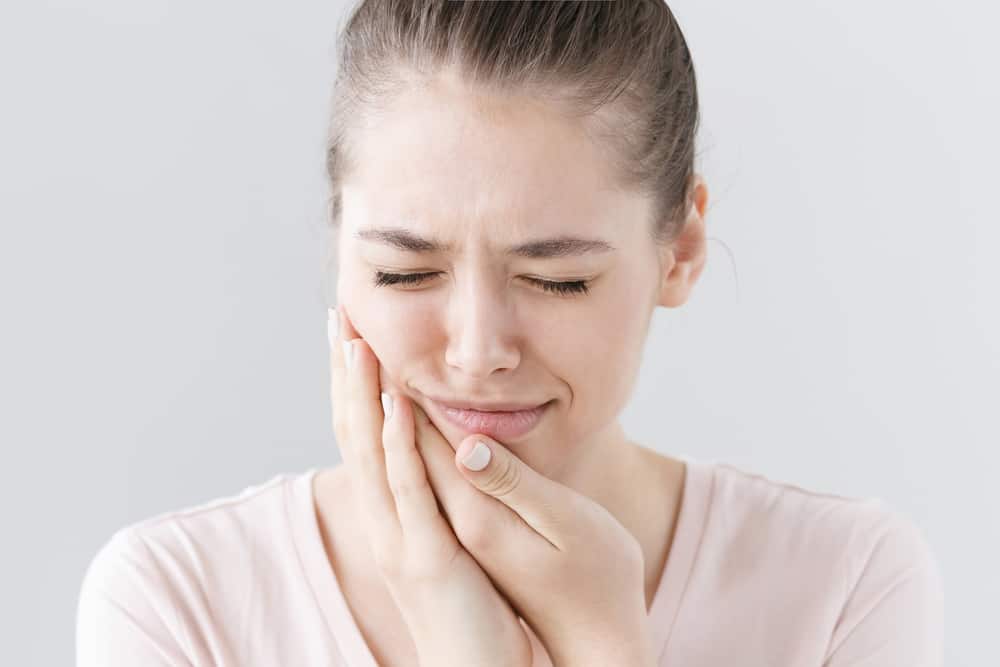Contents:
- Medical Video: Top 10 Horrific Sports Injuries
- Why do we sweat and feel hot when we exercise?
- How many changes in body temperature when exercising?
- What happens to the body if you exercise in a place that is too hot
Medical Video: Top 10 Horrific Sports Injuries
When you exercise your body feels hot? Why can body temperature increase when exercising?
Why do we sweat and feel hot when we exercise?
Apparently, the muscles that work during exercise can produce heat which can affect normal body temperature. When exercising, muscles use carbohydrates, fats, and some other nutrients to be converted into energy, by burning. This burning produces heat which makes the blood circulation warm and increases in temperature. Therefore, when exercising our whole body feels warm. The heavier the type of exercise is carried out, the more "heat" is produced by the muscles. At least muscles produce 15 to 20 times more heat when doing strenuous exercise compared to normal body condition.
When the muscle secretes excessive heat, the body signals the hormone that regulates body temperature to normalize the body as quickly as possible. Blood flow that becomes hot due to the burning of the muscle, flows throughout the body. When it flows to the surface of the skin, heat will be released through sweat. While the blood flow to the respiratory system, heat will be channeled through the air that will be released through the nose. In addition to speeding the body back to normal temperature, heat will be overcome by flowing more blood to the surface of the skin so that heat can be released through sweat.
So, when we exercise, the body will sweat, the more sweat is released, the faster the body will return to normal. There are about 3 million sweat glands that the body has which can help the body to expel heat.
How many changes in body temperature when exercising?
The body will thermoregulate when it experiences 'heat'. Thermoregulation is the body's effort to maintain the body's normal temperature. Body temperature is influenced by various things, one of which is physical activity carried out by the body. When the body temperature decreases or increases, the body will automatically adapt and maintain its normal temperature, which is at 35 degrees Celsius to 37 degrees Celsius. Decreasing or increasing body temperature by just one degree Celsius can cause various changes in body function.
When doing strenuous exercise, the body temperature will increase by several degrees. Therefore, when you exercise, the body has its own regulations to maintain its normal condition. The hypothalamus will release hormones that are useful for regulating body temperature when the body temperature is not normal. These hormones will regulate how much sweat must be released to remove heat from the body.
How much the temperature increases in the body when doing exercise depends not only on how much the muscle burns and produces 'heat', but also depends on how fast the body can cool down. In areas or low-temperature environments, the heat produced by muscles can disappear quickly. Whereas in areas with high temperatures or heat, the body will experience difficulty in removing heat, maybe even body temperature will increase. This is of course bad for the health of the body and can cause various harmful effects on health.
What happens to the body if you exercise in a place that is too hot
When the body cannot reduce its body temperature, the body will experience it over-heating or overheating. Body temperature that exceeds 40 degrees Celsius has a high risk of stroke and various potential damage to the body. Symptoms that can occur when exercising in a hot environment, which are associated with increased body temperature are:
- Muscle cramps
- Feel nausea and vomiting
- Weak and tired
- Headache
- Sweating in large amounts
- Low blood pressure
- The heart beats very fast
- Blurred vision
To reduce this risk, The American College of Sports Medicine recommends avoiding strenuous exercise when the ambient temperature is high, then wear comfortable and thin clothing, and avoid dehydration by drinking as much mineral water as possible before, during, and after exercising. If the body is dehydrated, the body will be more difficult to normalize the temperature again.
READ ALSO
- Why Cardio Sports Are Less Effective in Eradicating Stomach Fat?
- 8 Smartphone Applications for Your Sports Hobbies
- Why Sports Is The Best Way To Eliminate Stress












